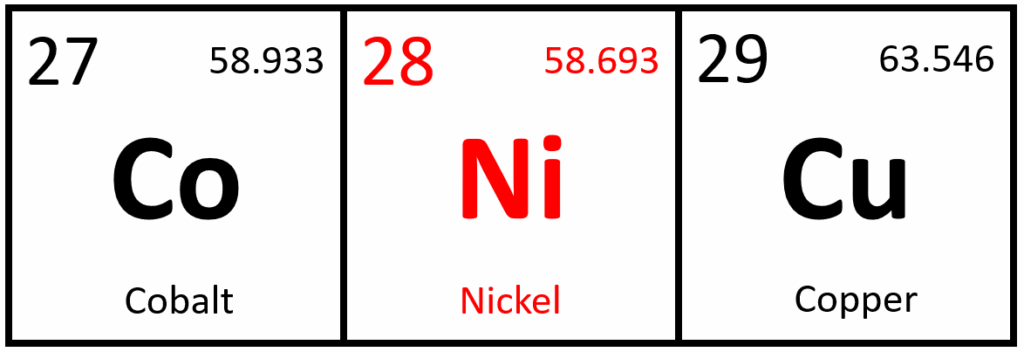Nickel-based alloys such as Inconel and Hastelloy play a critical role where extreme performance is required. While carbon and stainless steels meet the needs of many applications, there are environments so demanding—so corrosive, hot, or high-stress—that only nickel-based alloys can provide reliable service.
Why Nickel-Based Alloys?
Nickel-based alloys combine exceptional corrosion resistance, heat resistance, and mechanical strength. Inconel and Hastelloy maintain structural integrity in environments where exposure to oxidizing, reducing, or high-temperature media can rapidly attack other metals. When alloyed with chromium, molybdenum, iron, and other elements, they provide both toughness and durability under severe service conditions.
Key Applications of Inconel Castings
Inconel alloys are known for their ability to maintain strength at elevated temperatures, making them indispensable in:
- Aerospace and Aviation – Turbine blades, exhaust components, and combustion chambers where both heat and oxidation resistance are critical.
- Power Generation – Components in gas and steam turbines that operate under high heat and stress.
- Chemical Processing – Valves, pumps, and fittings exposed to caustic or high-temperature chemical environments.
- Marine Applications – Heat exchangers, fasteners, and seawater-exposed hardware due to Inconel’s resistance to saltwater corrosion.
Key Applications of Hastelloy Castings
Hastelloy alloys are highly corrosion-resistant, particularly in reducing environments and in the presence of strong acids. Typical applications include:
- Chemical Processing Plants – Pumps, mixers, and reactors that must resist hydrochloric, sulfuric, and phosphoric acids.
- Pollution Control Equipment – Scrubbers, stack liners, and ducting where resistance to flue gas contaminants is essential.
- Marine and Offshore Environments – Components subjected to aggressive brine, sour gas, and seawater exposure.
- Pharmaceutical and Food Processing – Equipment requiring resistance to harsh cleaning agents and high-purity environments.
Why Castings?
Casting provides design flexibility for complex shapes and large components that would be challenging or cost-prohibitive to machine from wrought materials. The near-net-shape aspect of the casting process minimizes the amount of material removal needed, which reduces overall material and processing costs.
Nickel-based alloys are the solution when more common materials fall short. If your components face extreme heat, corrosive media, or harsh operating environments, using these alloys can deliver the durability and performance you need.
Contact us today to find out more about the alloys we pour and how Minncast can be your source for castings required for your toughest and most demanding service applications.
